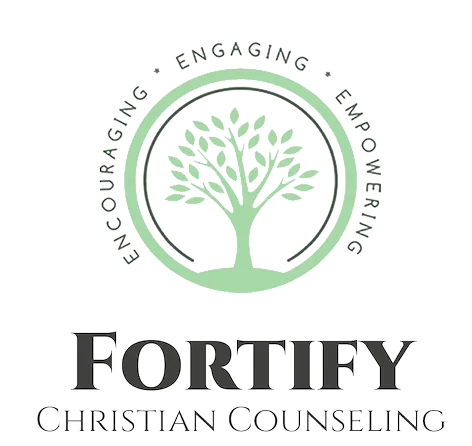Anxiety and the Role of Counseling
Anxiety is characterized by feelings of worry, uneasiness, and fear. While it can be a normal part of life for some, for others, anxiety can be evasive and negatively impact everyday life and the ability to complete everyday tasks. The prevalence of anxiety disorders has risen profoundly, prompting a greater need for counselors and mental health professionals. Counseling is one approach to managing anxiety and providing individuals with tools and strategies to regain control over their irrational thoughts, feelings, and emotions. With Christ, anxiety can be crushed, and you can find peace and rest in God’s promises and not believe the worries inside your mind.
What is Anxiety?
Anxiety can manifest itself in various ways. According to the Diagnostic and Statistical Manual of Mental Disorders (DSM-5-TR), Generalized Anxiety Disorder (GAD), Panic Disorder, and Social Anxiety Disorder. Symptoms can include:
- Excessive worry or fear
- Restlessness or feeling on edge
- Difficulty concentrating
- Sleep disturbances
- Physical symptoms like rapid heartbeat and sweating
Distinguishing between normal anxiety and an anxiety disorder is crucial. While occasional anxiety is a natural human experience, anxiety disorders may require guidance from a counselor and implementing coping strategies and techniques to decrease symptomatology
Coping Strategies
Managing anxiety can entail various strategies tailored to each person’s unique needs to effectively reduce worry. One beneficial method is engaging in relaxation techniques, like deep breathing, quiet time, or progressive muscle relaxation.
These techniques can anchor you in the here and now, minimizing feelings of being overwhelmed. Participating in regular exercise is also an effective strategy, as physical activity releases endorphins that naturally soothe anxiety. Creating a steady daily routine can foster a sense of stability and comfort.
Establishing structure and predictability can be reassuring in times of anxiety. Furthermore, building a solid support system through connections with friends, family, or support groups can provide a sense of safety where you feel acknowledged and understood. Engaging in journaling can also be helpful, as it offers a way to articulate your thoughts and emotions.
Through understanding your emotions and thought processes, along with identifying patterns in your anxiety, counseling can offer valuable insights into your triggers and coping strategies. Additionally, reaching out to a therapist or counselor can provide you with personalized support and techniques, empowering
Biblical Perspective
Philippians 4:6-7 says, “Do not be anxious about anything, but in every situation, by prayer and petition, with thanksgiving, present your requests to God anxiety is addressed with compassion and understanding.” God’s Word encourages us to cast all of our cares and worries onto our maker. Further, it instructs us to pray and give thanks to our great comforter in times of worry and anxiety. Even the God of the universe knows and understands deeply the fear and overwhelming stress anxiety brings. Through prayer and scripture, comfort and coping skills can be found. Biblical counseling offers a holistic approach founded on faith to support healing as you walk through your counseling journey.
If you would like to find rest from your anxiety and worry, look for a Biblical counselor and set up an appointment today.

